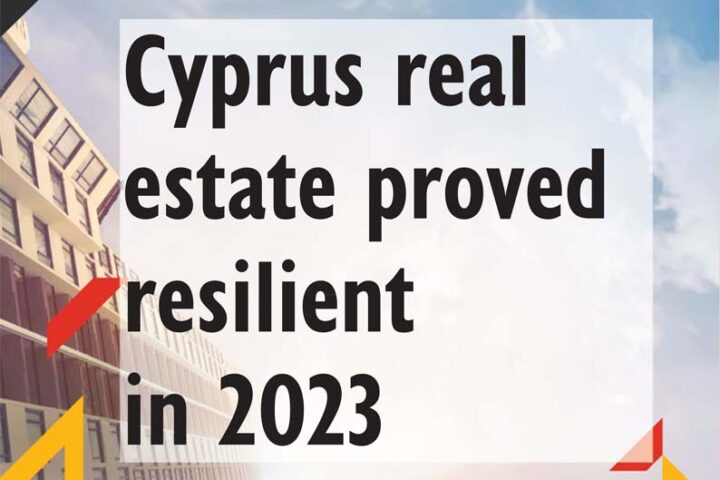We are frequently asked around this time of year: is now the right time to sell?
An optimal time to sell a property is when there is an increase in demand, record sale prices, low interest rates, and a shortage of properties available for sale on the market.
Right now, we are experiencing all of these conditions. However, they might be starting to change.
Here are three aspects that sellers should strongly consider for 2022.
Supply is lower than ever but temporary
This means buyers have fewer options to choose from, which creates more competition among them, resulting in a higher price for your home.
Currently, the lack of supply has been a major driver of the stable price growth we’ve seen this year across the European and Cyprus real estate market.
However, this trend won’t last for long for three reasons.
First, when COVID-19 hit, the Cyprus government-issued and extended a moratorium on foreclosures up to 31/10/2021.
For this reason, very few foreclosures have taken place, even less than usual.
As this comes to an end, both covid and pre-covid pending foreclosures will occur.
This will cause a higher number of available properties for sale, lower asking prices – lower values, or at least downward pressure.
Second, Cyprus average monthly earnings are expected to show muted increases, coinciding with a considerable higher cost of living.
Downward pressure on the real purchasing power is anticipated in the coming years.
By following this trend, property owners will be more motivated to liquefy their assets than before.
Third, new construction has declined and stalled in 2020.
However, in 2021 and despite the unprecedented rise of construction material costs, it is expected that permits for new homes are to increase, on a year-over-year, at around 10-15%.
This means that by early to mid-2022, we will experience an increase in the supply of new properties compared to the last year, at least.
Finally, baby boomers (aged 58-75) represent a big share of existing homeowners.
Hence, over the decade, many will pass away, move in with relatives or actively need to downsize to smaller and more suitable retirement homes.
Progressively, the result will be more homes than usual entering the market each year.
However, this will create over-demand for smaller properties as millennials opt for smaller homes.
Rising rates, lack of affordability
The ultra-low interest rates make the cost of mortgage payment ‘‘look’’ low, and the house prices feel more affordable than otherwise.
However, once the mortgage rates increase – and it’s not a matter of ‘if’, but ‘when’, the number of potential buyers will reduce significantly since the mortgage cost will increase progressively.
In the meantime, considering real estate prices are slow to react to new market conditions, the prices will continue to increase and thus cause a further deterioration in housing affordability.
Nevertheless, the rising house prices require bigger down-payments, which means that even those who might be able to afford the mortgage payments cannot qualify for a mortgage in the first place.
This, in combination with the anticipated increase in the cost of borrowing (via higher interest rates), will result in a considerable reduction of mortgage applications.
Slowdown in property sales
The total number of property sales during 2019 was the highest on record since 2008, with sales rising in all districts.
By the end of 2021, sales are expected to reach and exceed 10,000.
This amount is nearly equivalent to the sales of 2019, which were 10,366 in total.
Note that 2019 was the last active year for the citizenship-by-investment programme.
Therefore, the number of sales is already quite high considering the adversity and restrictions of the global pandemic.
Within 2022, sales are expected to cool down; as affordability worsens, interest rates are about to increase, and supply is expected to grow.
The decision to sell a property is always personal and complicated.
Coronavirus has only added another layer of complexity.
Yet, one must always consider the prevailing and projected market conditions to make better decisions.
By Charalambos Pitros, PhD in Real Estate Economics, Member of the Royal Institution of Chartered Surveyors (MRICS) and European Real Estate Society (ERES)










